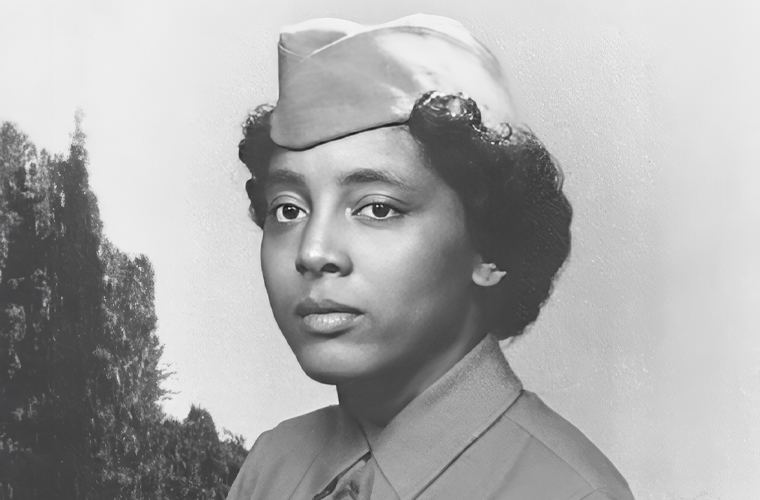In 1952, a pivotal moment in civil rights history occurred when Sarah Keys, a private in the Women’s Army Corps, took a stand against segregation on a bus in North Carolina. Her courageous act of defiance against the discriminatory “whites-only” seating policy sparked a legal battle and brought national attention to the ongoing struggle for equality.
On August 1, 1952, Sarah Keys boarded a bus in North Carolina, unaware that her decision to sit in the “whites-only” section would lead to a defining moment in the fight against racial segregation. When the bus driver demanded that she move to the back of the bus because of the unjust segregation laws of the time, Keys refused to comply. Her refusal to accept the degrading treatment based on her race led to her arrest and subsequent charge of disorderly conduct.
The arrest and subsequent legal proceedings brought Sarah Keys’ case to the forefront of the civil rights movement. With the support of the NAACP and her legal team, Keys challenged the discriminatory practices that were pervasive in the transportation system and beyond. Her case underscored the pervasive and systemic nature of racial segregation and discrimination in the United States at that time.
The legal battle that ensued following Keys’ arrest highlighted the deep-seated racial injustice that permeated many aspects of American society. The outcome of her case had far-reaching implications for the ongoing struggle for civil rights and equality. The courage and determination displayed by Sarah Keys in standing up against segregation served as a catalyst for change and inspired others to challenge the status quo.
Ultimately, Sarah Keys’ case played a significant role in shaping the legal landscape surrounding civil rights. Her refusal to accept the dehumanizing treatment based on her race set a powerful precedent for challenging segregation and discrimination. The impact of her actions reverberated far beyond the confines of that bus in North Carolina, resonating with countless individuals who shared her desire for justice and equality. Sarah Keys’ courageous stand against segregation serves as a reminder of the resilience and determination of those who have fought for civil rights throughout history. Her willingness to confront injustice in the face of adversity exemplifies the unwavering spirit of those who have sought to bring about positive change.
In reflecting on Sarah Keys’ pivotal role in the civil rights movement, it is essential to recognize her enduring legacy. Her bravery and steadfast commitment to challenging segregation continue to inspire and resonate with those who strive for a more just and equitable society. The impact of her actions serves as a testament to the power of individual resistance in the face of systemic injustice.
The story of Sarah Keys stands as a testament to the enduring struggle for civil rights and equality. Her refusal to accept segregation on that bus in 1952 was a defining moment in the fight against racial discrimination. Her legacy serves as a reminder of the ongoing pursuit of justice and equality for all, and her courage continues to inspire those who seek to create a more inclusive and equitable world.

